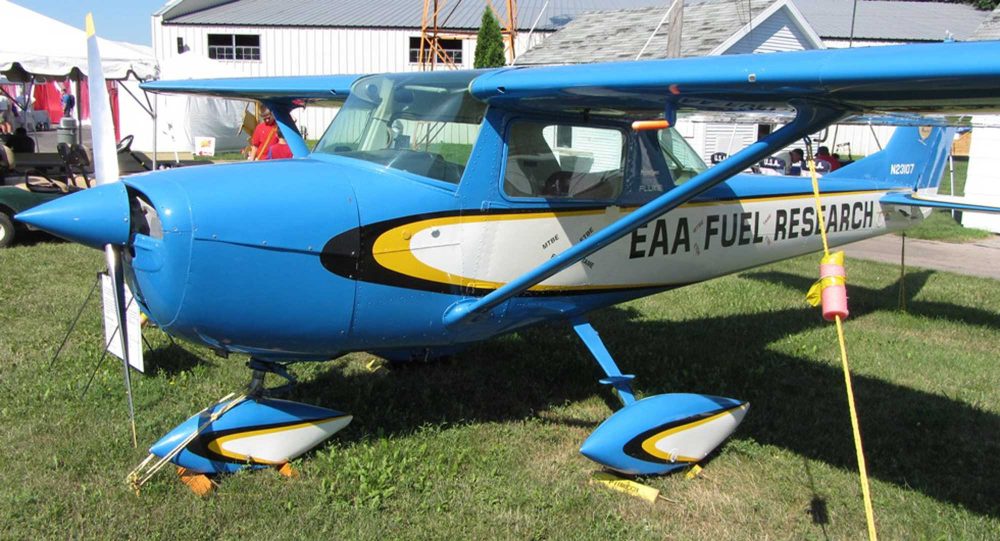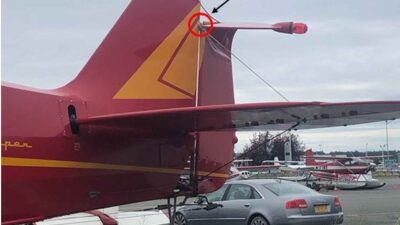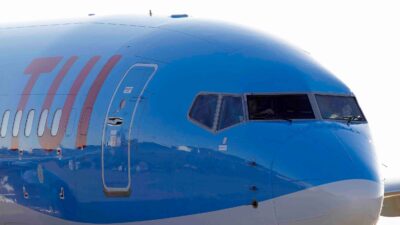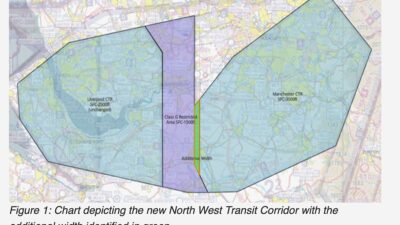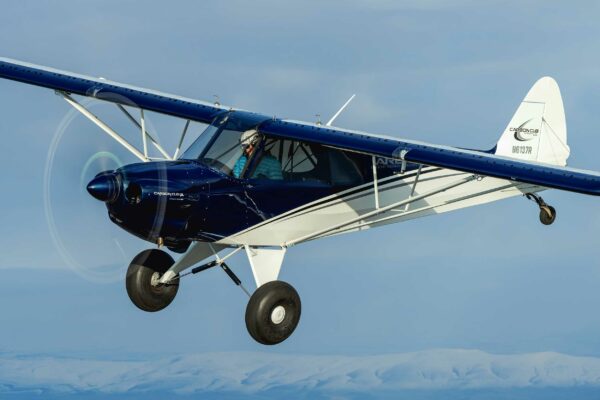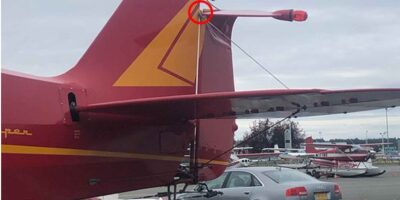Keeping old aircraft flying can be a challenge when it comes to locating parts, especially for type-certificated aircraft. So, it’s good to see a new policy from the US authority, the FAA, regarding the use of off-the-shelf parts.
The new policy was worked out with the Experimental Aircraft Association (EAA) which also has a large vintage aircraft following. It’s called the Vintage Aircraft Replacement and Modification Article (VARMA) and it’s cited as being the next big step in keeping vintage aircraft flying.
VARMA uses several existing FAA policies to create a programme that requires no new regulations, orders, or advisory circulars. It applies to aircraft which meet these criteria:
- Type-certificated before 1 January 1980
- Fixed-wing
- Reciprocating engine (ie no jets)
- Unpressurised
- Certificated weight of less than 12,500 lb (5,700kg)
VARMA allows maintenance engineers to validate that certain low-risk replacement parts are suitable for installation on aircraft, without the need for extensive engineering analysis or complex and time-consuming design and production approvals from the FAA.
“This is great news for those of us who own and fly vintage aircraft,” said Jack Pelton, EAA’s CEO and chairman of the board.
“There could easily come a time when a classic airplane that would otherwise be grounded for want of a part that’s no longer available will fly again thanks to the parts substitution enabled by VARMA.”
VARMA applies to parts whose failure would not “prevent continued safe flight and landing.” While this means that safety-critical components are not subject to this programme, there are plenty of hard-to-find parts that meet VARMA’s criteria.
The EAA carried out a trial with a Cessna 150. The EAA applied for an off-the-shelf starter solenoid used as a substitute part, as the failure of the starter system is generally irrelevant to flight safety. The FAA granted the first Form 337 approval under the programme several weeks later. Since that time, the EAA has also been granted approval for alternators and voltage regulators in VFR aircraft.
For the time being, the FAA will be primarily managing the VARMA programme through its Chicago Aircraft Certification Office, but VARMA is said to be supported all the way to the highest levels of the agency. For now, approvals will be considered on an individual basis, although type clubs and ownership groups are encouraged to keep track of substitute parts that have gained approval.
More details of the VARMA policy


